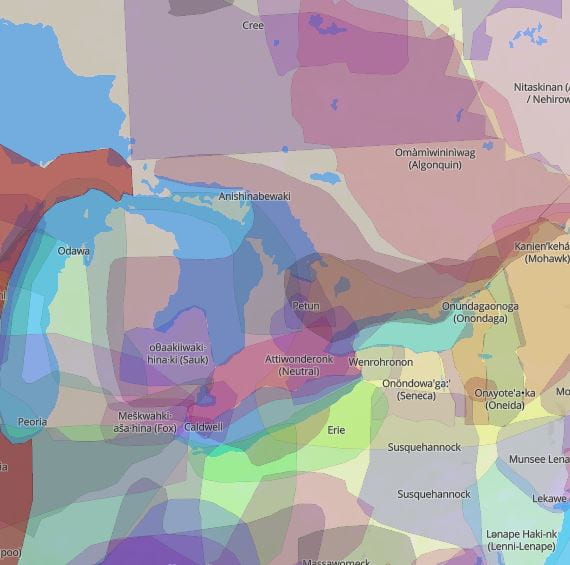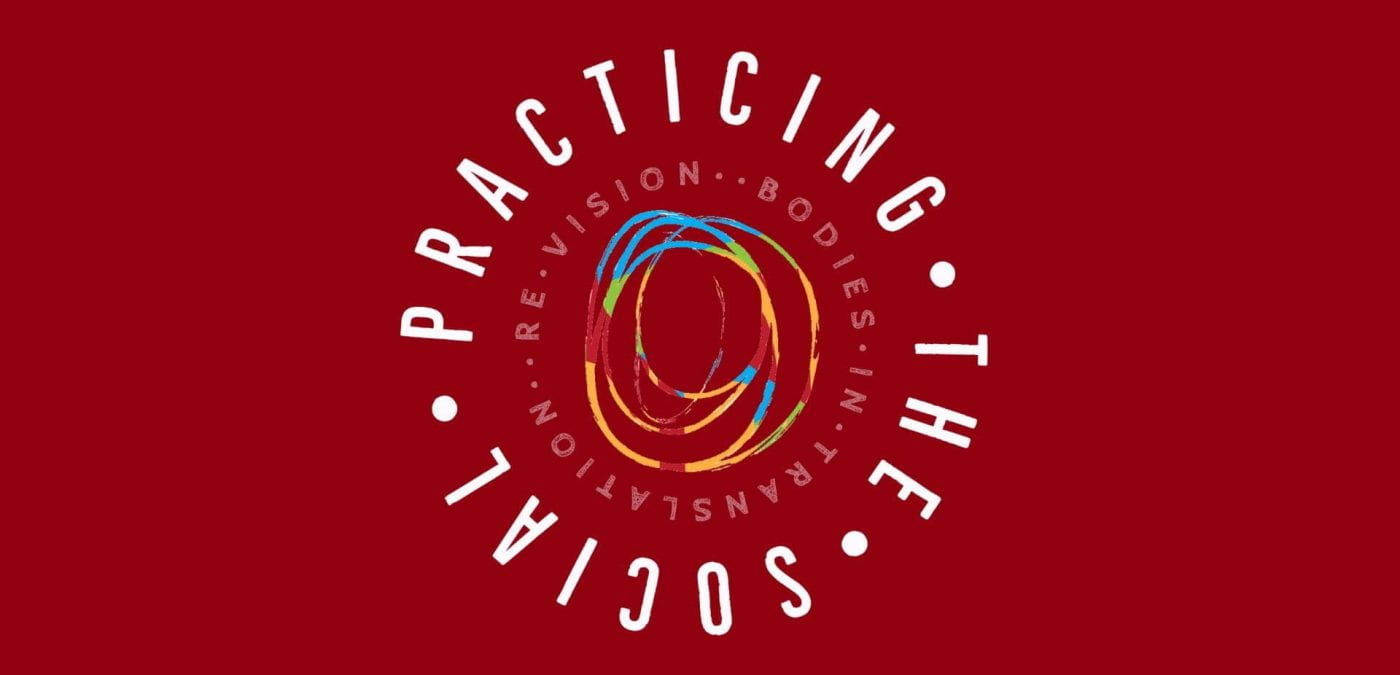Contents
*Please note: This site is still in development!
Join us ONLINE on January 20-22, 2020. Click here to register.
What is Practicing the Social?
Practicing the Social: Entanglements of Art and Justice is an online arts-based gathering that will merge an artistic and scholarly program in engaging and accessible ways.
This gathering will showcase practices, performances, and works that engage in non- or anti-normative art and cultural production (fat art, aging art); decolonizing and indigenizing themes/processes; gender and sexuality; difference and identity; Indigenous, Black, queer, trans, and crip pasts, presents and futures; Black feminism and intersectionality; crip and queer culture, access, and activism; and more.
Hosted by Re•Vision Centre for Art and Social Justice at the University of Guelph with Bodies In Translation, this gathering will feature artists, activists, and academics from across Canada, the US, Europe, South America, and New Zealand. We will come together to engage in discussion and creative discovery about the entanglements between art and justice and explore the methodological challenges, possibilities, and tensions that define our social practices and academic fields.
The overall aim of Practicing the Social is to open space for investigating the entangled and divergent genealogies and trajectories of arts-based research and research creation. We strive to find and push the social justice impetus of each, via critique and creative engagement.
We have partnered with some amazing organizations, including Tangled Art + Disability, Musagetes, Wilfrid Laurier University Press, Art Gallery of Ontario, Art Gallery of Guelph, and Creative Users Projects.
Our programming is entirely virtual and includes speakers, performances, art projects, a Wiki Edit-a-thon, a Remote Access Online Dance Party, and an online social/networking space. People attending will be joining us from many different lands, territories, countries, and time zones. We at Re•Vision and Bodies in Translation are committed to accessibility and to supporting your participation in whatever ways work best for you.
Accessibility
Our ACCESS GUIDE offers full details on how we will work towards this goal to make this event safer and more inclusive for all attendees. We are hosting an online relaxed space event and will acknowledge ‘Crip time’ in recognition that disabled, Mad, Deaf, and differently embodied/em-minded people orient to time differently. We welcome you to come and go as you please.
- All keynotes, panel presentations, and live performances will have ASL and Audio Description interpretation and live captioning.
- ASL and Audio Description interpreters will be present for scheduled portions of Gather Town events. Volunteer sighted guides will also be available.
- An accessibility point person will be available throughout the event who can assist with troubleshooting access issues.
Access requests can be made through the registration process. If you have questions about the accessibility of our event, platforms, and presentations, need assistance with access, want an accommodation that isn’t yet set up, or you would prefer to discuss your request with a member of our team, please reach out to Marnie Eves at revision@uoguelph.ca.
Our Partners
- Art Gallery of Guelph
- Art Gallery of Ontario
- Bodies In Translation: Activist Art, Technology and Access to Life
- Creative Users Projects
- Musagetes
- Tangled Art + Disability
- Wilfrid Laurier University Press
Land Acknowledgement
We find ourselves here, living, creating, working, learning and loving, on Sacred Land. Guelph is located on the ancestral homelands of the Anishinaabeg Nations. This is treaty land, steeped in rich Indigenous history of the Mississaugas of the Credit First Nation. Through Treaty 3: Between the Lakes Purchase, we also acknowledge the Haudenosaunee Confederacy, the Six Nations of the Grand River Territory — the Onondaga, Cayuga, Mohawk, Oneida, Seneca, and Tuscarora — whose granted lands extend for six miles on both sides of the Grand River, from its mouth to its source. Land acknowledgements assert the land rights of Indigenous peoples to what is now called North America. They call attention to First Nations and other Original Peoples unique relationship to their ancestral territories and on-going governances as treaty signing independent nations.
Land acknowledgements disrupt the routine unthought occupation of indigenous lands by settlers. These land recognitions point to the need for reparation and force us to think about what changes are needed in settler societies in order to make that happen. We acknowledge that we live and work on ancestral lands and that Original People continue to be dispossessed to the benefit of all settlers.
We, the members of the Re•Vision and Bodies in Translation teams, are committed to surfacing historical truths, to understanding the complexities of our present-day communities, and to working collaboratively and co-creatively toward our collective future. We are committed to strengthening our relationships with the Original Peoples of Turtle Island, as we move forward together in the search for collective truth and healing.
Not sure whose land you reside on? Visit Native Land Digital at Native-Land.ca to learn more.

“Native Land Digital creates spaces where non-Indigenous people can be invited and challenged to learn more about the lands they inhabit, the history of those lands, and how to actively be part of a better future going forward together.”
Native-Land.ca
Image description: A circle with a multitude of overlapping colours that show the territories and ancestral lands of the Indigenous peoples in the area also known as Ontario and bordering US states.
Contact / Comments or Questions?
Email us at revision@uoguelph.ca



